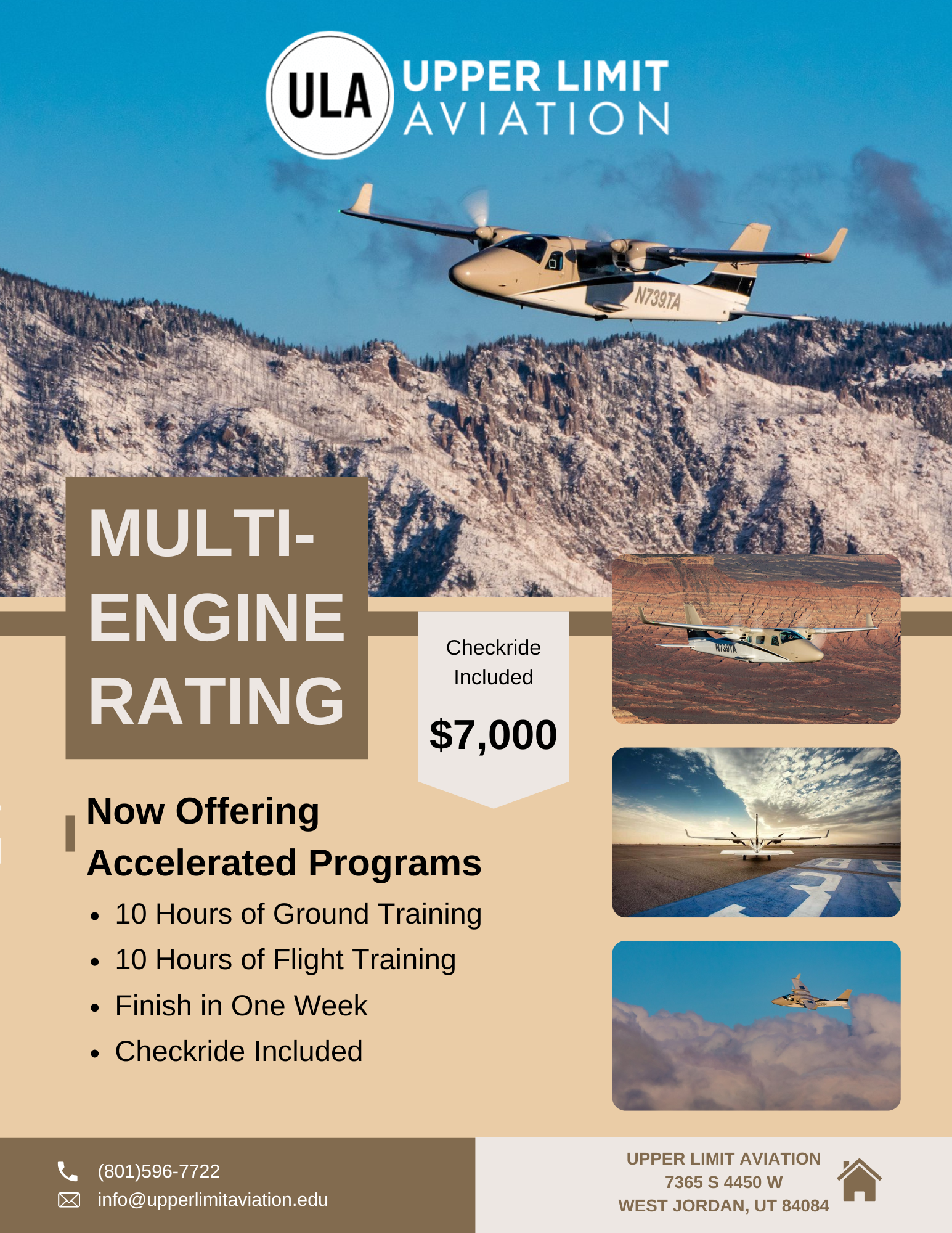If everyone in the world could fly an airplane it wouldn’t be special and because of this flying airplanes requires initiative and effort but it’s rewarded with exhilaration.
Vern Weiss
You’ve just touched down at your destination airport. For the last ten minutes, your passenger has been scanning the ground and unsuccessfully looking for something recognizable. The radio chatter is incessant and the passenger wonders, even if he knew what the lingo meant, how do you know when you’re supposed to speak into the microphone? “Fih-yuv Niner Whiskey?” “Left Zero Two Zero?” What’s all that? Then, out of nowhere, the passenger notices that you have reduced the power and the aircraft slows. The passenger wonders why this is happening because you are still high in the air and nothing…but nothing…on the ground looks familiar. Suddenly you move your hand over to the flap handle and the whole aircraft pitches downward; then another power reduction for who knows what reason and another flap handle movement. With the passenger’s eyes popping out of their sockets in a vain attempt to find where you’re aiming this airplane, you reach over and throw another lever. With a startling “cluh-chunk,” you remain cool as the landing gear extends and your passenger’s bewilderment meter pegs. Left and right the passenger sees nothing and thinks, “for crying out loud, does that radio never shut up!” Then suddenly it’s right there in front… a long ribbon of concrete, inviting, safe…home. The wheels gently kiss the pavement and the airplane decelerates and it seems to anticlimactic. As you turn off the runway and onto a taxiway your passenger says, “how did you do that?!!!” There was so much going on and the passenger could hardly take it all in let alone see any of the visual cues you were using to guide you through the choreography of navigation and configuration for landing. But this is why you are flying airplanes and your passenger is not. Your training and your experience make it all look so simple and you don’t even notice that you were doing things an untrained observer would be incapable of doing.
Curtain falls. Curtain rises. You’re driving down the street and some jerk cuts you off. “Where’d that creep get a driver’s license?” you bellow as you hold back the urge to flip him off. That “creep” probably has a license because it is so easy and requires very little skill or study. This is why people can learn to drive a car in only a few hours. Driving was made to be simple so the masses could do it (and buy cars that do most of the thinking for them). Consider how most people are challenged if, while driving, they try to talk on a cell phone. Then toss into the mix it starting to rain. They’re overloaded…steering, yakking and now they have to throw a switch for the windshield wipers.
Ka-BOOM!
…Then they’re ticketed by the cops and their insurance rates go up. End of story.
But as a pilot, you are trained to safely multi-task. During your pilot training, you will be trained to prioritize and follow orderly procedures. This takes the guess work out of tasks, even emergencies. Flying airplanes demands methodical steps in everything that happens or that the pilot must accomplish. Yeah, sure, there are pilots out there that never use a checklist but with each flight, they’re likely getting closer to the one in which they’ll have an accident, incident or at least something that will be unsavory to them.
But in exchange for the skills you hone and the “smarts” you accumulate, you are controlling a vehicle that is traveling perhaps one-hundred miles per hour or more and leaping over the ribbon of red tail lights you see below on the expressway. Flying enables you to proceed directly to your destination without consideration of construction zones or other impediments around which you must detour like, f’rinstance, Lake Erie.
When flying airplanes you make both conscious as well as unconscious decisions that ultimately result in success. As an example, you are flying to an airport and between you and the airport exists a line of thunderstorms. You only have enough fuel to make it to the airport so long as you do not deviate around the bad weather. This is a no-brainer. You check your chart and see an airport is only a spitting distance from where you’re located right now so you land, take on fuel, wait for the line of storms to pass and then take off and fly to the destination.
Well done! Actually, it’s brilliant what you’ve done. But this is pilot’s think. If you wanted to take chances on a journey you’d drive a car. People are taking chances all the time in cars because they’re not disciplined and don’t take it all that seriously. As a pilot, you know that bad choices and mistakes in flying airplanes can have horrible consequences so you take better care of the judgments and decisions you make.
Do you want to know something that is pretty cool? After people become pilots they tend to be better drivers on the highways! As a pilot and while driving you will find that the whole specter of how you conduct yourself and the decisions you make will start being more pilot-like and less driver-like. When the fuel gauge on a car shows one needle-width above empty, many drivers will interpret that as, “hey, I’ve still got a little gas in there.” But a pilot will look at that needle and interpret it differently. A pilot will think “what if the float in the gas tank is stuck?” or “what if there’s a bunch of water in my fuel tank that the gauge is now measuring?” Or “what if I miss my exit and the next one is ten more miles down the road?” Or… Or… You get the idea. As a pilot you think more about eventualities and the unexpected. You will weigh your windows of vulnerability in everything you do.
There are few things as satisfying finishing a job well-done. As you tie-down your aircraft and walk to your car you will think about how you handled the last flight and those parts of it of which you’re proud. Sure, you may have made some mistakes but you “fixed” those mistakes by subsequent decisions that counter-balanced them; diminishing or eliminating the errors. All pilots make mistakes but it is how they handle them that determines success. And pilots tend to “fix” the small ones early so they don’t escalate into big problems.
There is a well-known poem written by John Magee who was a pilot in the Royal Canadian Air Force. Mr. Magee’s poem, “High Flight”1 begins:
“Oh, I have slipped the surly bonds of earth,
And danced the skies on laughter-silvered wings;
Sunward I’ve climbed and joined the tumbling mirth of sun-split clouds –
and done a hundred things You have not dreamed of…”
There is no doubt that slipping surly bonds and flying airplanes with laughter-silvered wings is probably as good as, say, a cheeseburger and a beer. But long after the cheeseburger and beer have been forgotten the craving to fill your senses with all that is flying and that flying means remains. You’ll think about it day and night. Some define their personal identity as fliers before even their own name. Who are you? “I’m a pilot…and, uh..my name is Oswald.”
It’s addicting. It will envelop you. It will not permit you to get it out of your mind. Those who have flown and stop flying usually admit that when they look up and see an airplane, they miss it. And that’s because it is a wonderful privilege.
Get Started With Your Flight Training Today
You can get started today by filling out our online application. If you would like more information, you can call us at (844) 435-9338, or click here to start a live chat with us.
Sources:
1 “High Flight” John Gillespie Magee. http://www.arlingtoncemetery.net/highflig.htm

